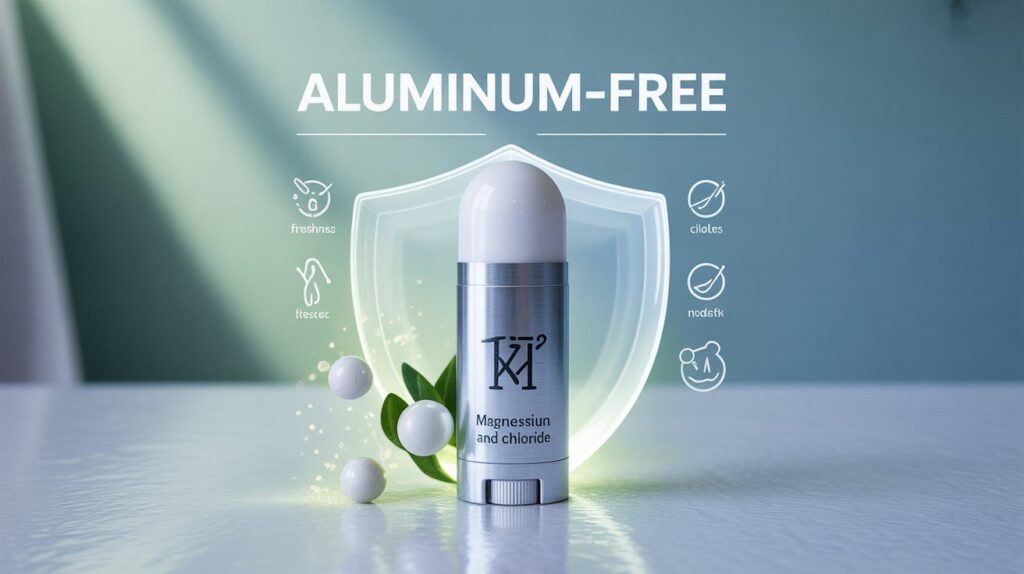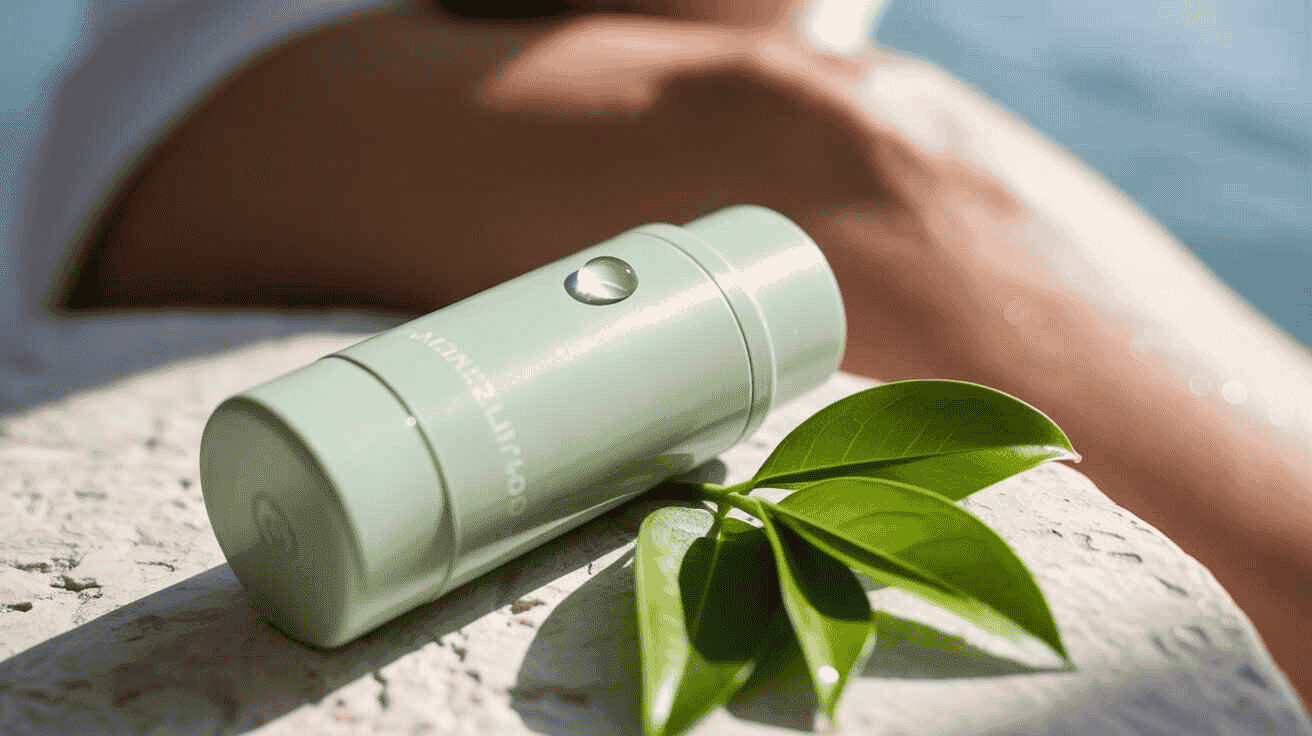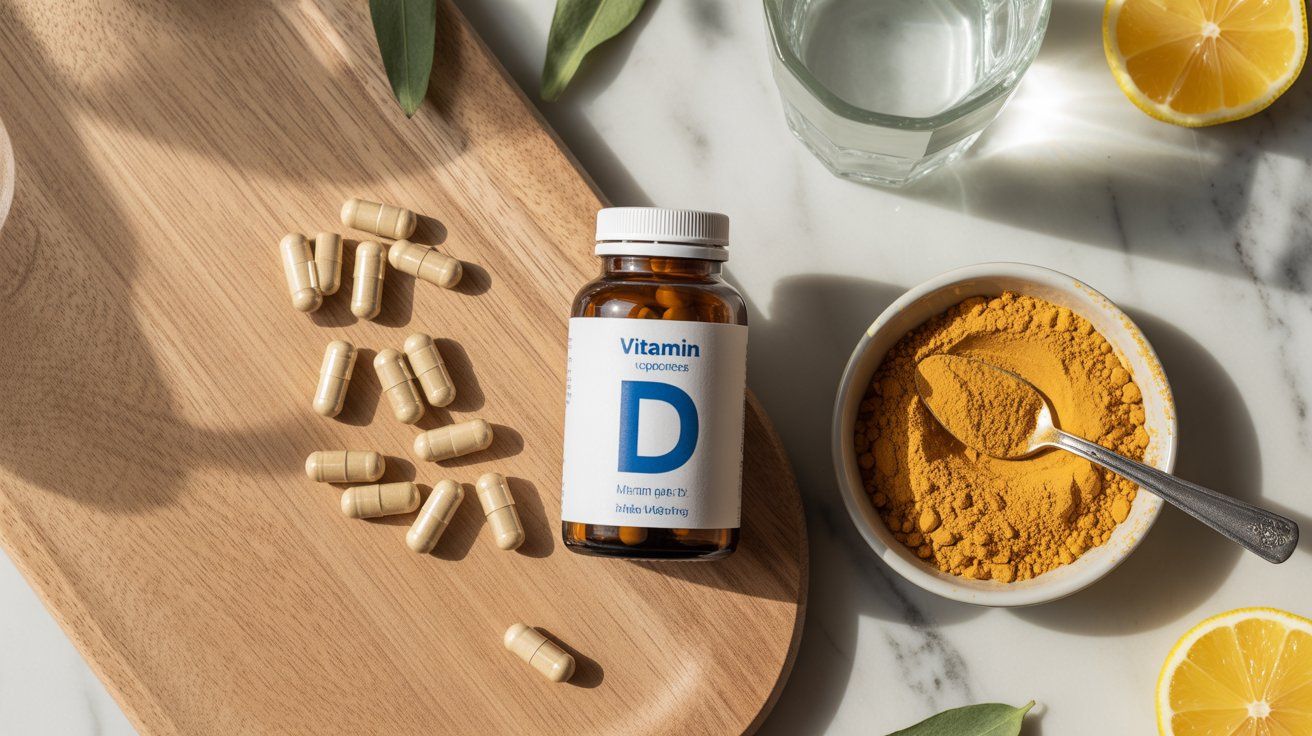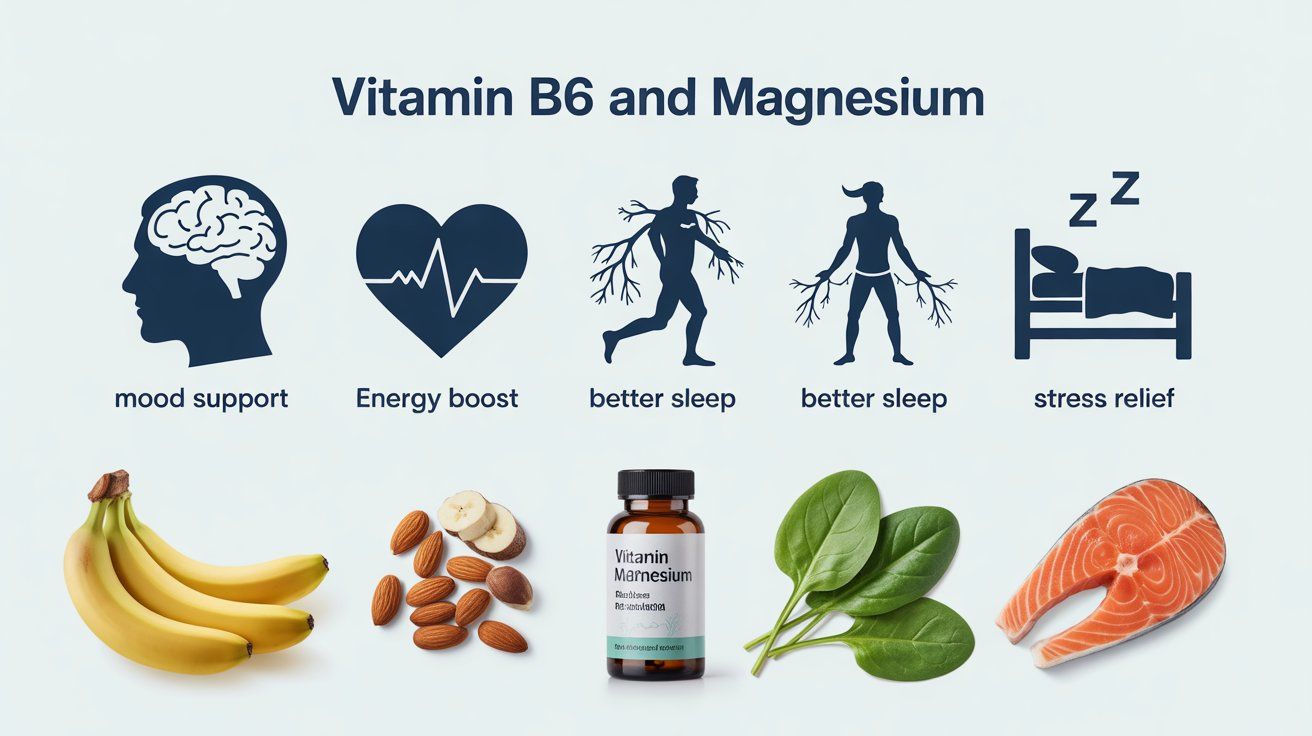Learn how magnesium supports natural magnesium body odor control by balancing skin pH, reducing bacteria, and offering a safe, aluminum-free alternative.
How Body Odor Forms
Body odor develops when sweat meets skin bacteria, especially in areas with apocrine glands. Sweat itself is odorless, but bacterial breakdown creates strong smells.
Skin pH balance plays a key role here—when it shifts, odor-causing bacteria thrive. This is where magnesium and body odor connect, as magnesium deodorant helps neutralize pH and reduce bacterial activity.

How Magnesium Affects Body Odor
Magnesium and body odor are closely linked because magnesium compounds, such as magnesium hydroxide, reduce odor by creating an environment where odor-causing bacteria cannot thrive.
Unlike antiperspirants that block sweat, magnesium deodorant neutralizes acids and balances skin pH.
This makes it a natural alternative for those seeking aluminum-free options that still provide reliable odor control.

Types of Magnesium Products for Body Odor
Several options link magnesium and body odor relief. Magnesium hydroxide deodorants are popular for daily use, while magnesium oil sprays offer quick application.
Some prefer DIY milk of magnesia deodorant, though results vary.
Oral magnesium supplements are also discussed, but current evidence supports topical magnesium deodorant as the most reliable approach for controlling odor naturally.
What Science Says
Research shows a strong link between magnesium and body odor control when used topically.
Magnesium hydroxide and chloride help neutralize skin pH and reduce odor-causing bacteria.
While industry studies support magnesium deodorant as an effective aluminum-free option, evidence for oral magnesium or transdermal absorption reducing body odor is weak.
Current science favors topical application for best results.

Practical Guide: Using Magnesium Deodorant Safely
When exploring magnesium and body odor solutions, start with patch testing to avoid irritation.
Apply magnesium deodorant or spray to clean, dry skin, and use sparingly to prevent residue. Those with sensitive skin may prefer magnesium hydroxide over magnesium oil.
Transitioning from antiperspirants may take time, but consistent use helps balance skin pH and reduce odor naturally.
Benefits vs Limitations
| Benefits | Limitations |
|---|---|
| Improved effectiveness compared to alternatives | Possible mild side effects |
| Gentle on the body, fewer digestive issues | Not suitable for everyone (e.g., certain conditions) |
| Cost-efficient in the long run | Higher upfront cost than basic options |
| Provides essential nutrients and health support | Limited large-scale or long-term research |
| Backed by scientific evidence | Dosage sensitivity – too much may cause discomfort |
| Easy to use and versatile in applications | May not be widely available everywhere |
| Supports overall wellness | Benefits may take time to show results |
Choosing a Magnesium Deodorant or Spray
When selecting magnesium and body odor products, check labels for magnesium hydroxide or magnesium chloride as active ingredients.
Opt for fragrance-free or sensitive-skin formulas if irritation is a concern. Sprays offer convenience, while stick deodorants provide longer wear.
Avoid products with harsh additives, and choose magnesium deodorant that balances skin pH without disrupting natural sweat.
FAQs
Q1: Does magnesium stop body odor completely?
Magnesium deodorant reduces odor by neutralizing bacteria, but it doesn’t block sweat.
Q2: Is body odor a sign of magnesium deficiency?
Not directly. While magnesium deficiency affects health, strong odor is usually tied to bacteria and diet.
Q3: Does magnesium oil work for body odor?
Magnesium oil can neutralize odor-causing bacteria, but it may sting sensitive skin.
Q4: Can magnesium deodorant replace antiperspirant?
Yes, if your goal is odor control. No, if you need sweat reduction.
Q5: Is milk of magnesia safe as deodorant?
It can work, but long-term safety isn’t fully studied; patch-test first.
Q6: Does magnesium deodorant stain clothes?
Usually less than baking soda deodorants, but residues may occur if over-applied.

Hamid Raza, aged 65, is a seasoned expert in nutrition, health supplements, and wellness, with over four decades of experience researching and educating people about essential minerals like magnesium. His work focuses on helping individuals improve energy, bone health, muscle function, and overall wellness through scientifically-backed magnesium knowledge.
Throughout his career, Hamid has contributed to numerous health articles, research studies, and wellness blogs, making complex nutritional science accessible to everyday readers. Passionate about natural health solutions, he guides readers on choosing the right magnesium supplements for optimal health.





